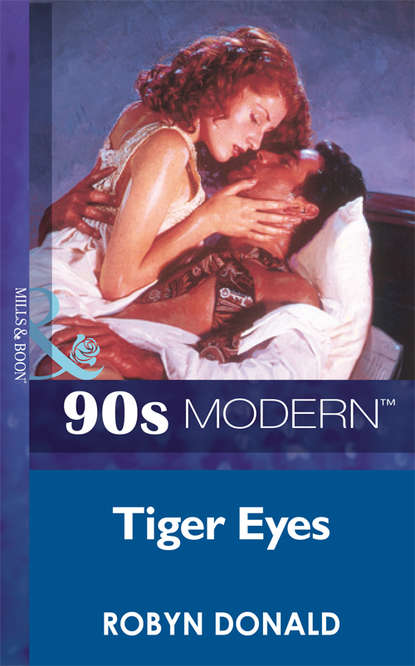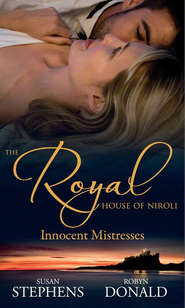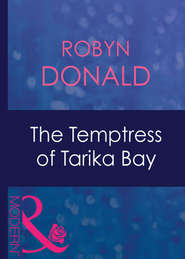По всем вопросам обращайтесь на: info@litportal.ru
(©) 2003-2024.
✖
Tiger Eyes
Автор
Год написания книги
2018
Настройки чтения
Размер шрифта
Высота строк
Поля
After that things had gone from tense to impossible.
She and Miss Harding had spoken of her future often, a future in which university loomed large. And she might have been able to go if she’d done well at school. But she hadn’t—apart from high marks in music and maths she had barely scraped through her examinations.
Unfortunately, the understanding case worker had been made redundant, and the new one was inundated with work, and not musical.
It would be, everyone decided, a waste of money for her even to try, just as it was a waste of money to go back to school for the seventh form. So at the end of her sixth-form year her foster-mother had organised a job for her in a supermarket.
Left bereft by Miss Harding’s death, with no one to counsel her, Tansy had run as far and as fast as the pitifully small amount in her savings bank had allowed her, ending up in Wellington because it cost too much to take the ferry across the Cook Strait to the South Island.
Although after that first year she had re-established contact with the O’Briens, she no longer felt like one of them. In fact, she never had. And she certainly didn’t regret leaving; it had been the only thing to do.
‘What sort of music?’ Leo asked.
She shrugged. ‘All sorts,’ she said evasively.
‘The ballad you were singing yesterday?’
‘That was a pastiche,’ she said aggressively. ‘I lumped all the ingredients of a folksong together and came up with that. As you realised.’
‘It sounded good.’
‘Yes, of course it did. What’s the use of singing a song if it doesn’t sound good?’
‘Particularly,’ he said idly, ‘if you want people to pay for the pleasure.’
‘Especially then.’
‘Do you like busking?’
She shrugged. ‘It’s a living.’
Вы ознакомились с фрагментом книги.
Приобретайте полный текст книги у нашего партнера:
Приобретайте полный текст книги у нашего партнера:











